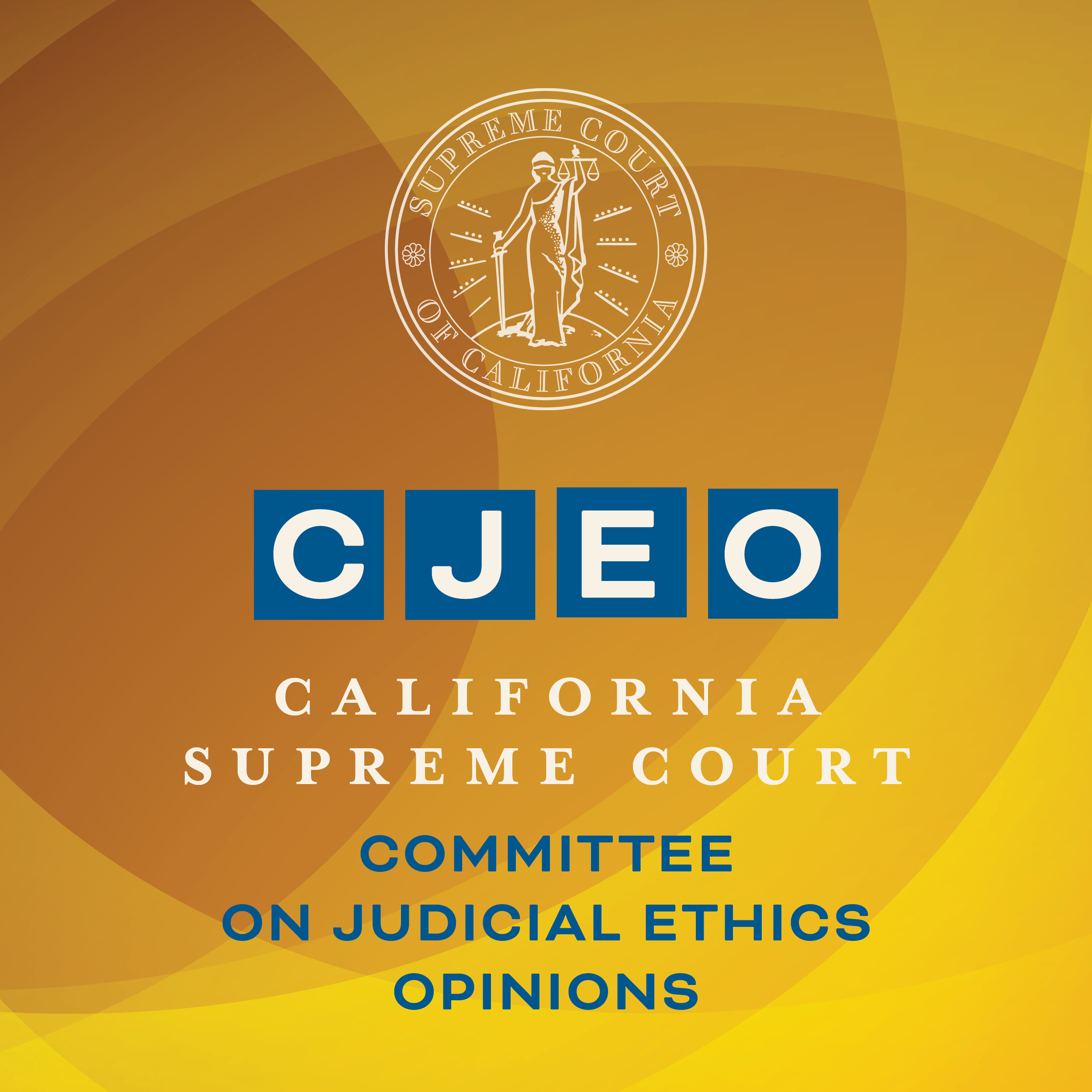Public Comment: Disqualification and Disclosure Obligations for Trial Judges Coaching Youth Sports Teams
The Supreme Court Committee on Judicial Ethics Opinions (CJEO) invites public comment on a draft formal opinion about disqualification and disclosure obligations of a trial court judge who coaches a youth sports team that includes a child of an attorney appearing before the judge.
In a draft advisory opinion posted on the committee’s website, the committee concludes a trial court judge who volunteers as a coach for a youth sports team is not required to disqualify when an attorney with a child on the judge’s team appears before the court, unless other facts exist or arise to cause a person reasonably aware of the facts to doubt the judge’s ability to be impartial. If disqualification is not required, the judge must disclose on the record information reasonably relevant to the judge’s decision not to disqualify.
In CJEO Draft Formal Opinion 2022-019, the committee provides an approach for a trial judge who coaches youth sports to use in determining whether disqualification or disclosure is necessary in a particular case. When an attorney whose child plays on a team coached by the judge appears before the court, the judge must first determine whether mandatory or discretionary disqualification is required. If the judge concludes disqualification is not required, the judge must disclose on the record information that is reasonably relevant to the determination not to disqualify. The disclosure may be tailored to avoid potential security concerns, and the judge may consult with court administrators to address any unique circumstances regarding safety.
“By posting this draft opinion for
comment, CJEO provides an opportunity for the bench and the public to weigh in on the ethical obligations of a trial judge who volunteers as a youth sports coach when an attorney with a child on the judge’s team appears before the court,” said committee member Judge George Abdallah.
The committee’s Invitation to Comment is posted on CJEO’s recently updated website. Comments are due by August 1 and may be submitted by CJEO's online comment form, by email to Judicial.Ethics@jud.ca.gov, or by mail to:
The Supreme Court of California Committee on Judicial Ethics Opinions
350 McAllister Street
San Francisco, California 94102
All comments submitted to CJEO may be posted on CJEO’s website for public review unless clearly marked as confidential.
About the Committee on Judicial Ethics Opinions (CJEO)
The Committee on Judicial Ethics Opinions is a 12-member advisory committee that includes appellate justices, trial court judges, a retired judge, and a commissioner. The committee is appointed and authorized by the California Supreme Court, but its work is independent of the court, the Judicial Council, and all other entities. Its opinions are advisory and do not necessarily reflect the views of the California Supreme Court or any other entity.
The committee issues formal, informal, and expedited advisory opinions on proper judicial conduct pursuant to the California Code of Judicial Ethics and other authorities. CJEO recently updated its website where it posts its advisory opinions, offers resources dedicated to specific judicial assignments and issues, and provides extensive judicial ethics tools and resource materials for the benefit of the bench and the public.


